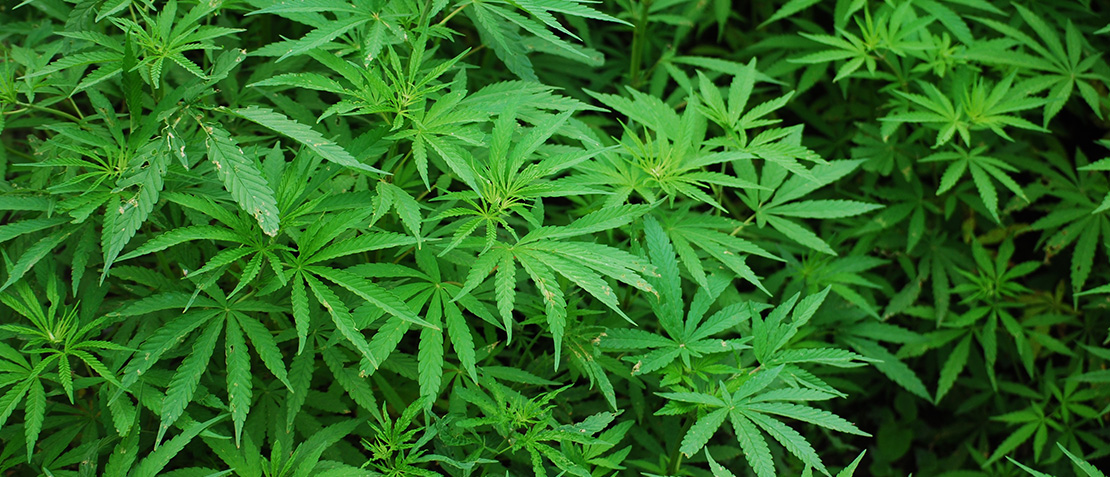July 26, 2022
A year before legalizing recreational cannabis, the Minnesota legislature surprised many by passing a law allowing for the sale of certain products intended for human consumption containing up to 5 mg of hemp-derived THC. Passed in 2022, this law was not the same as legalizing marijuana because the THC used in the products must be derived from hemp plants (i.e. cannabis plants with less than .3% THC).
According to Minnesota’s new hemp-derived THC laws and food guidelines, there are some important restrictions on how a business can go about selling hemp-derived THC products, but at this time there is no license required to sell them at retail, meaning anyone can technically carry these products. Retailers will, however, have to register by October 1, 2023.
HEMP-DERIVED THC LABELING REQUIREMENTS
With respect to the products being sold, they generally must meet a number of packaging requirements. For example, the package must be child-resistant, but the statute does not define “child-resistant.” Using federal law as a guide, child-resistant packaging should be “significantly difficult” for children to open. More specifically, 80 percent of the children tested must not be able to open the package during a full 10 minutes of testing. 90 percent of adults, however, must be able to open the package within five minutes the first attempt and one minute on subsequent attempts. This is not necessarily how the Minnesota statute would define child-resistant but it is a good guide. Packaging companies in the cannabis industry already have plenty of child-resistant packaging designs.
As far as the product itself is concerned, a key guideline for hemp-derived THC food product law states it cannot appeal to children or bear the likeness of a cartoon-like characteristic of a real or fictional person, animal, or fruit. This means the edible product itself cannot have the likeness of bears, worms, or other animals, fruit designs, and cartoon characters. Nothing in the statute restricts packaging containing such elements, but it is a best practice to avoid the use of cartoons on packaging that could appeal to children. The new law legalizing adult-use cannabis prohibits images that may appeal to people under 21 including cartoons. Other states that have legalized marijuana have prohibited such packaging. So even if a business could get away with a label containing a cartoon for now (so long as the cartoon is not geared to persons under 21 years of age), it is probably dangerous to build a brand around a package that may, at some point, be prohibited outright or that is subject to restrictions.
MINNESOTA HEMP-DERIVED THC IN FOOD GUIDELINES AND LAWS
Another question that has come up is whether bars, taprooms, cocktail rooms, or restaurants can sell products containing hemp-derived THC for on-site consumption. The Minnesota Board of Pharmacy previously issued an FAQ prohibiting this, but we read the statute a bit differently, and regardless, the updates to Minnesota’s edible cannabinoid product law include express authorization for on-site consumption of hemp-derived THC products, so long as provided to customer in enclosed packaging that otherwise requires with the law.
The law goes into more detail about labeling and packaging and you must review it to make sure that any planned product and its packaging meets the legal requirements of Minn. Stat. 151.72. If you have any questions about the new Minnesota hemp-derived THC labeling and packaging guidelines, or how the law applies to food, please contact us at elliot@hoppylawyers.com.
